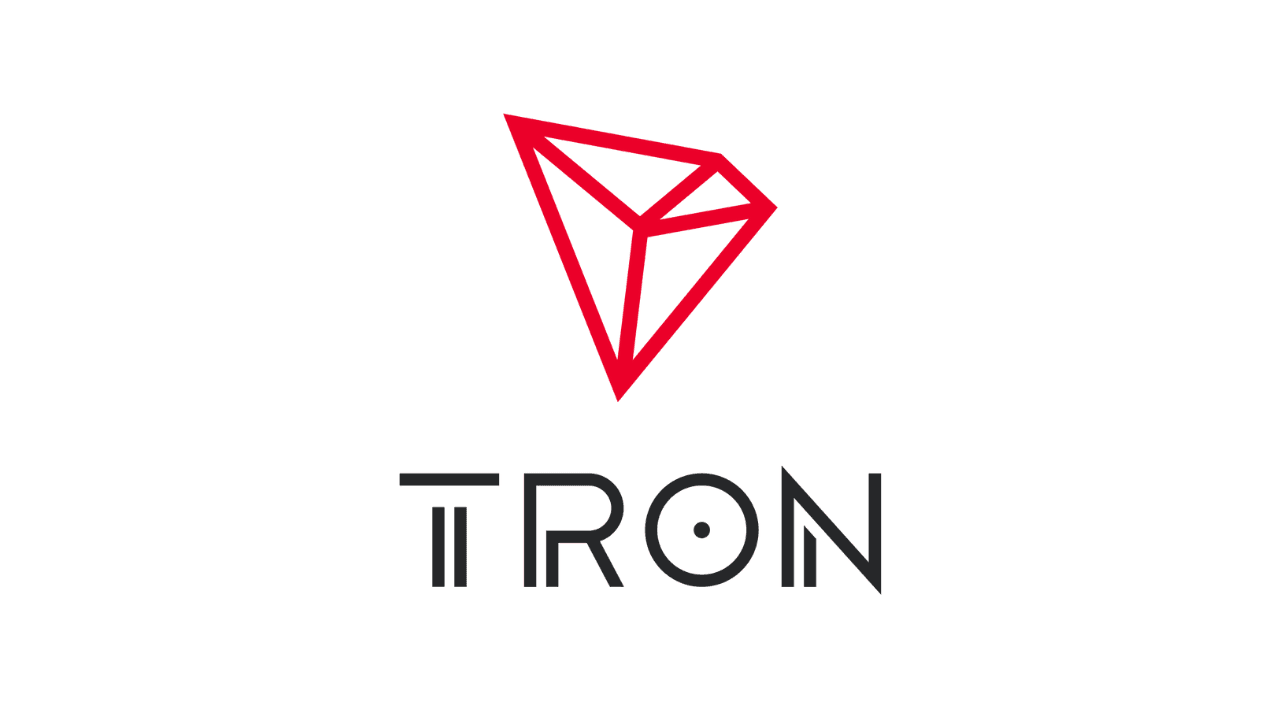The United Kingdom is on a mission. The government has set its sights on introducing new legislation to regulate stablecoins and cryptocurrency staking services, and they’re hoping to do it within the next six months.
At a recent industry event hosted by Coinbase in London, Economic Secretary to the Treasury, Bim Afolami, made it clear that the government is pushing hard to get these regulations legislated before the general election this year. “We’re very clear that we want to get these things done as soon as possible. And I think over the next six months, those things are doable,” he said.
Table of Contents
ToggleThe Political Game of Crypto Regulation in UK
The government’s urgency might be fueled by the upcoming election and the potential political advantage that could come with it. In 2022, UK Prime Minister Rishi Sunak pledged to transform the country into a global crypto hub. He emphasized the need for crypto firms to “invest, innovate and scale up” in the UK.
However, despite these ambitious plans, little progress has been made in terms of regulation. The lack of clear rules has been a significant operational barrier for crypto players, and some have even considered leaving the jurisdiction.
When asked about a timeline for comprehensive crypto regulation beyond stablecoins and staking, Afolami was hesitant. He pointed to the vast scope of ongoing legislative efforts and said,
“Short answer is, I don’t know […] There’s just a huge amount going on, so I don’t want to commit to that now.”
The Future of Crypto Regulation in the UK
In October 2023, the UK Treasury pledged to clarify rules in the crypto space by 2024. Since then, it has held several consultations on fiat-pegged stablecoins and the implementation of the Financial Services and Markets Act 2023.
Experts predict that fiat-backed stablecoins will likely fall under existing payment regulations. This would bring asset-backed digital tokens under the UK’s financial regulations, rather than existing as a separate regulatory regime.
Last October, the UK government enacted a new law to make it easier for law enforcement agencies and local courts to confiscate and freeze crypto assets tied to criminal activities without a conviction. This is a step forward from previous laws that allowed authorities to freeze tainted crypto but not seize it until the criminal had been apprehended and convicted. This move signifies the government’s commitment to ensuring the safety and security of the crypto space.













